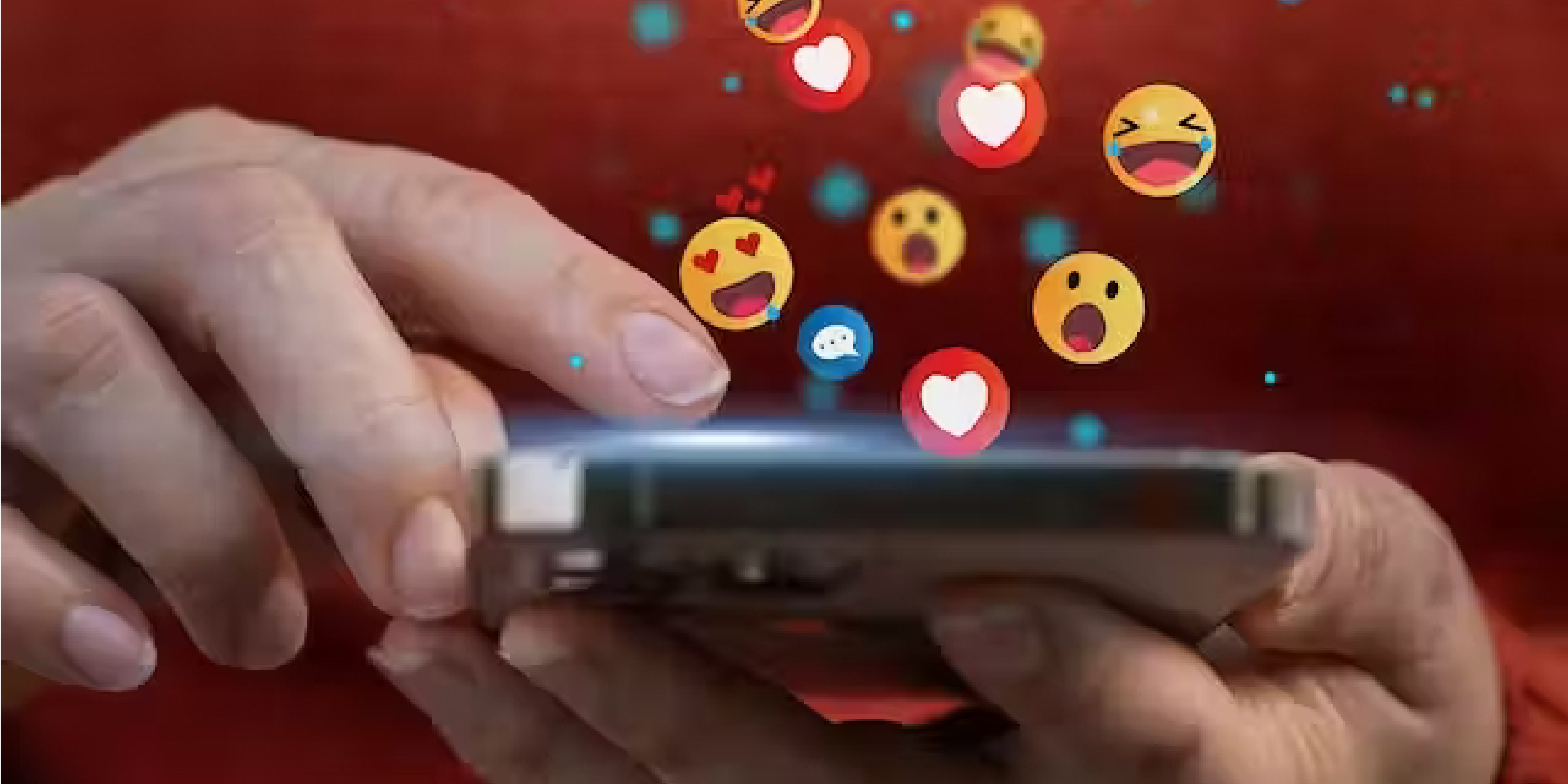Online ‘likes’ for toxic social media posts prompt more − and more hateful − messages
The rampant increase of hate messages on social media is a scourge in today’s technology-infused society. Racism, homophobia, xenophobia and even personal attacks on people who have the audacity to disagree with someone else’s political opinion – these and other forms of online hate present an ugly side of humanity.
The derision on social media appears in vile and profane terms for all to see. Obviously, the sole purpose of posting online hate is to harass and harm one’s victims, right?
Not necessarily, according to recent studies about hate messaging in social media. Although seeing hate comments is unquestionably upsetting, new research suggests there’s a different reason people post hate: to get attention and garner social approval from like-minded social media users. It’s a social activity. It’s exhilarating to be the nastiest or snarkiest and to get lots of thumbs-ups or hearts. Anecdotal evidence makes a good case for the social basis of online hate, and new empirical research backs it up.
In over 30 years of research about online interaction, I’ve documented how people make friends and form relationships online. It now appears that the same dynamics that can make some online relationships intensely positive can also fuel friendly feelings among those who join together online in expressing enmity toward identity groups and individual targets. It’s a “hate party,” more or less.

